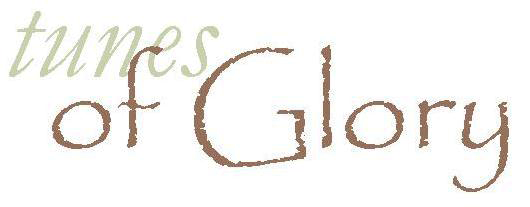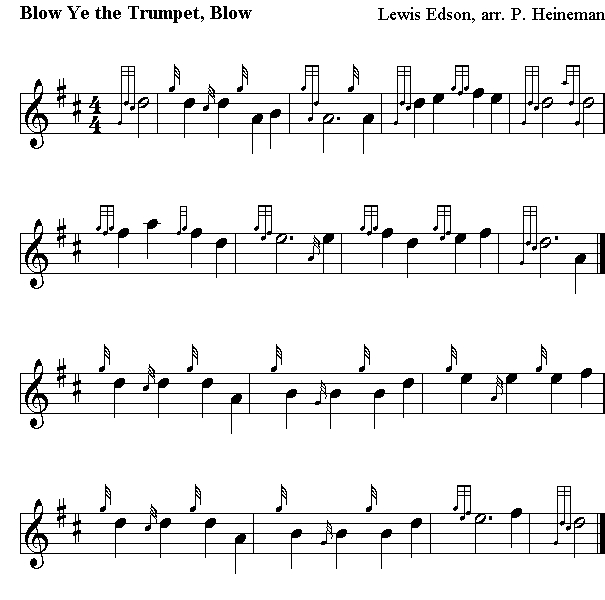Charles Welsey was the son of Susanna Wesley and Samuel Wesley. Like his brother John, Charles Wesley was born in Epworth, Lincolnshire, England, where their father was rector. He was educated at Westminster School and Christ Church, Oxford, where his brother had also studied, and formed the "Oxford Methodist" group among his fellow students in 1727 which his elder brother, John joined in 1729 soon becoming its leader and molding it to his own notions. George Whitefield also joined this group. After graduating with a Masters' in classical languages and literature, Charles followed his father and brother into the church in 1735, and travelled with John to the colony of Georgia in America in the entourage of the governor, James Oglethorpe, returning a year later.
 |
|||||||

Best viewed in
|
Blow Ye the Trumpet, Blow
Charles lived and worked in the area around St Marylebone Parish Church and so, just before his death, he sent for its rector John Harley and told him "Sir, whatever the world may say of me, I have lived, and I die, a member of the Church of England. I pray you to bury me in your churchyard." On his death, his body was carried to the church by eight clergymen of the Church of England and a memorial stone to him stands in the gardens in Marylebone High Street, close to his burial spot. One of his sons, Samuel, was later organist of the present church. In the course of his career, Charles Wesley published the words of over five and a half thousand hymns, writing the words for a further two thousand, many of which are still popular. The words are set to the tune,
Lenox which was written by Lewis Edson.
The early American composer,
Lewis Edson
(1748-1820), wrote three of the most popular tunes of his time -
Bridgewater, Lenox and Green Field. In 1763 Edson began working as a
blacksmith, but by 1769 he was also a singing master and eventually
became quite well known as a singer. Edson married in 1770 and in 1776
the family moved to the Berkshires in New York, perhaps because they
were Tories. It was in New York where Edson began composing. His three
well known tunes were published in 1782 in a publication named the
"Choristers Companion". After the American Revolution, he taught singing
in Massachusetts, New York, and Connecticut. He moved to Woodstock,
Connecticut, in 1817.
Lyrics by Charles Wesley
|
||||||

